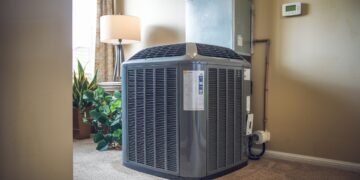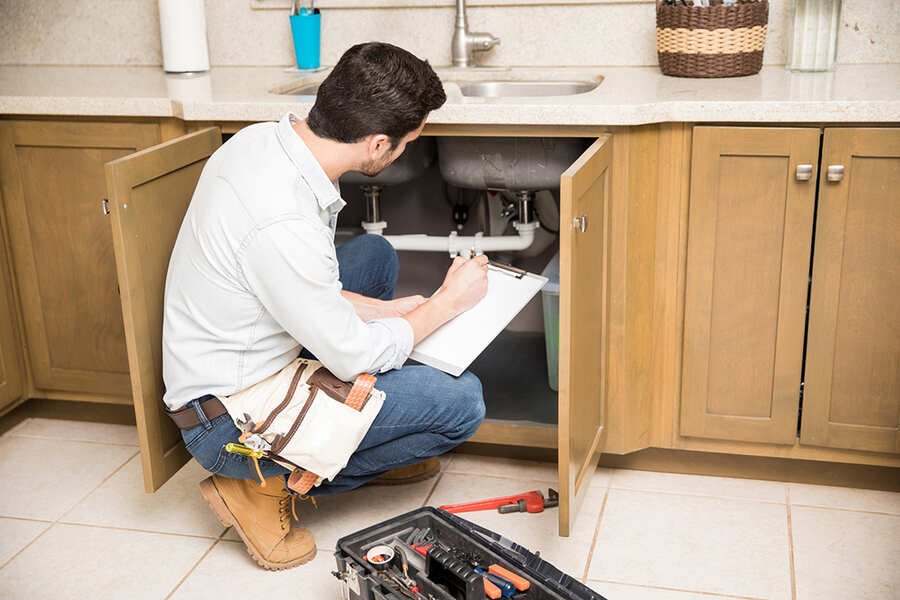In the UK, many tenants and landlords are often at a crossroads on who should shoulder the responsibility of boiler services. With winters that can be exceptionally cold, a functioning boiler is crucial for both the comfort and safety of residents. So, whose duty is it to ensure that the boiler is in top-notch condition? Let’s delve into the topic of landlord boiler responsibility.
The Legal Aspect: Gas Safety Regulations
The Gas Safety (Installation and Use) Regulations 1998 mandate landlords to ensure that all gas appliances, fittings, and flues provided for tenants are safe. This regulation requires landlords to:
1. Maintain and repair gas pipework, appliances and flues.
2. Arrange for an annual gas safety check to be carried out every 12 months by a Gas Safe registered engineer.
3. Keep a record of the annual gas safety check.
From the legal standpoint, the landlord boiler’s responsibility is clear – it falls squarely on their shoulders to ensure the boiler’s safe operation.
The Benefits of Landlord-Managed Boiler Services
There are a number of reasons why it makes sense for landlords to take on this responsibility:
1. Maintenance Control: By arranging boiler services, landlords can be sure that the service is thorough, timely, and meets required standards. This ensures the longevity of the boiler and minimises the risk of costly repairs or replacements down the line.
2. Tenant Satisfaction: A warm and cosy environment contributes significantly to tenant satisfaction. By proactively ensuring that boilers are in working condition, landlords can foster better relationships with their tenants, leading to longer lease terms and timely rent payments.
3. Avoiding Legal Repercussions: With the clear directive that landlords are responsible for the safety of gas appliances, it’s prudent to stay ahead of any potential issues. Failing to comply can result in hefty fines or even imprisonment.
The Tenant’s Role
While the responsibility for boiler servicing rests with the landlord, it’s crucial for tenants to be cooperative. They should allow access for the yearly checks and report any issues they notice with the boiler or any other gas appliances promptly. This not only ensures their safety but also helps in maintaining the appliance in the long run.
Possible Drawbacks for Landlords
It’s worth noting that there are potential drawbacks for landlords:
1. Cost Implication: Regular servicing, while beneficial in the long run, is an additional recurring expense. This can be especially taxing if multiple properties are owned.
2. Management: Managing appointments, especially for multiple properties or non-cooperative tenants, can be time-consuming.
Safety First!
Given the clear legal mandate and the tangible benefits of ensuring the safety and functionality of boilers, it stands to reason that landlords should arrange boiler services. While there may be additional costs and management concerns, these are outweighed by the peace of mind in knowing that the property is safe for habitation and the potential financial benefits of satisfied tenants.
Final Words
As with all aspects of property management, clear communication is key. Landlords should inform tenants of their intentions to service boilers, and tenants should be aware of their roles in facilitating these checks. With both parties working together, the goal of a safe, warm home can easily be achieved.
Recommended Posts:















